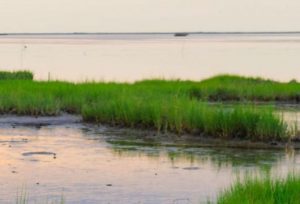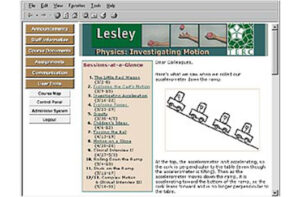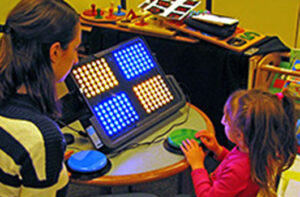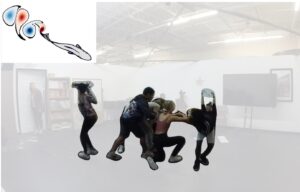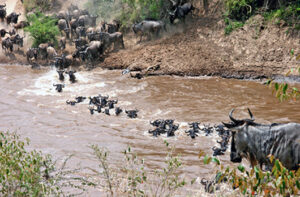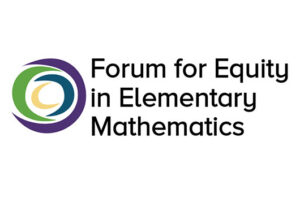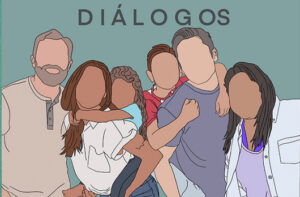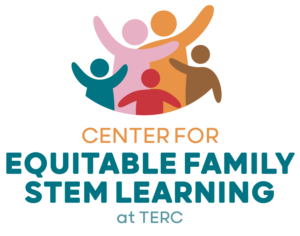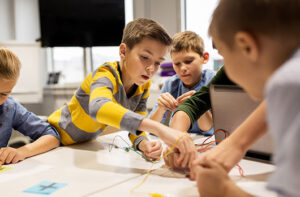Vernacular science cultures in a rural New Hampshire school community: construing vaccination before COVID
Brian Drayton
Drayton, B. (2023) "Vernacular science cultures in a rural New Hampshire school community: construing vaccination before COVID." AERA Annual Meeting, Chicago, IL.
Summary
During the recent COVID crisis, Americans have become aware of controversies about vaccination, as there have been since the late 1700s. At the time of the research reported here, in 2018-19, there was a nation-wide controversy about vaccinations — for measles and whooping cough. Clusters of cases occurred around the country, mostly associated with communities espousing one or another counter-cultural approach to education (Dubé et al. 2021).
Based on an ethnographic study of a parent support group, this paper will present data showing how the existence of alternative epistemologies, rather than political identities, shaped parents’ responses to childhood vaccinations. This framing is distinct in important ways from accounts of science attitudes within the framework of “motivated cognition” (e.g.. Stein et al, 2021, Kahan et al. 2011). In the present study, mainstream science is seen to be received (or rejected) on the basis of alternative scientific paradigms held within the community.
The paper will present data bearing on the following research questions:
A. What were the science cultures present in a parent support group?
B. How did each of these science cultures construe mandates to vaccinate children for such
“childhood diseases” as measles or whooping cough?
C. How were the conflicting values of the science cultures negotated in common space?
Drayton, B. (2023) “Vernacular science cultures in a rural New Hampshire school community: construing vaccination before COVID.” AERA Annual Meeting, Chicago, IL.


